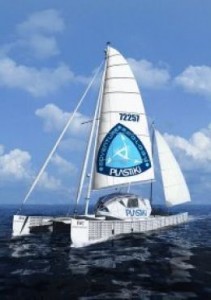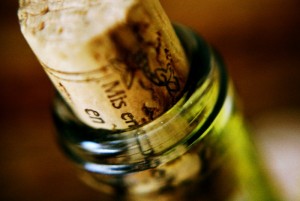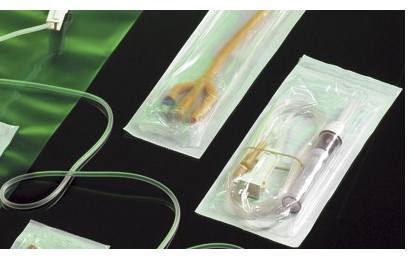As many of you may know, as well as running Design Cognition, I am Chairman of the East Midlands Packaging Society (based in Nottingham UK) and in that role, my main focus again this year is to entice more of you, our valued members, to take part in events and also to encourage ‘new blood’ into the industry.
By popular demand we are pleased to announce the THIRDÂ in our very successful PACK TO THE FUTUREÂ series of collaborations between academia and industry to explore insights into the changing global landscape impacted by issues such as Global Warming and water & oil depletion that will affect consumer demand and some of the exciting emerging technologies that will enable us to adapt & thrive.
We are pleased to be working with Loughborough University Design School on this occasion and as previously have a fantastic line-up of leading edge thinkers & ‘doers’ with which to ‘whet your appetites’. This time topics will include:
Explaining the Future – Peak Oil, Peak Water & Climate Change
Printed electronics in packaging
LumeJet – photonic imaging technology
Please make sure that you book early to this FREE event to avoid disappointment, as both previous events have been heavily oversubscribed!!!!
All are welcome, members and non-members, but pre-registration is essential – OR drop me an email if you have any questions: chris@designcognition.com
We’ve also got other fantastic events lined-up later in the year, in which you could participate in a number of different ways and at a number of different levels – it’s up to you how far you want to get involved.
Much of it will be FREE and could directly benefit you personally and your business.
You may want to participate yourself, or you know someone else that could be interested. Either way, I’m looking for partners and I’d love to hear from you. The aim of the whole exercise is to help raise the profile of packaging but also to facilitate the integration of academia and industry for everyone’s benefit. So this is applicable to:
Students – who may want to learn & enhance career options
Universities – looking for business avenues/partnerships to help commercialise their ideas
Product development companies, packaging suppliers & design agencies – wanting to keep up with latest technology & also identify high calibre students for job placements & opportunities
Come along and listen to some exciting & leading-edge talks from the university & from the packaging design industry. Network with industry & academic experts – with various table-top demonstrations, discuss your design projects in an informal atmosphere and get practical mentoring help & advice.
Some of the previous highlighted topics have included:
Smartphone technology & how it can enhance the consumer experience
Using packaging technology to tackle counterfeiting
University research into brand design
Display technology for packing applications
Design of packaging for reuse / recycling
You can find out more about this and other East Midlands Packaging Society events on our ‘ning’ site:
East Midlands Packaging Society website
and also on our LinkedIn Group & Facebook Pages:
So whether in academia or business – You decide how you want to get involved, which could be as a speaker, sponsor, exhibitor, trainer or as a participant – how could it best benefit yourself? I really do think that ‘everyone’s a winner’ with this. More details to follow in future blogs.
If you’ve got any other ideas yourself, let me know.
Chris Penfold
Chairman – East Midlands Packaging Society
chris@designcognition.com
00 44 115 846 1914


 Penny Markt are justifying their move back into cans with claims that new can designs now mean that 30% less material is used, that the recycling rate for aluminium cans in Germany have risen significantly and that they can also achieve savings as the cans stack better than the PET bottles they are replacing and also chill much faster – therefore saving energy and money.
Penny Markt are justifying their move back into cans with claims that new can designs now mean that 30% less material is used, that the recycling rate for aluminium cans in Germany have risen significantly and that they can also achieve savings as the cans stack better than the PET bottles they are replacing and also chill much faster – therefore saving energy and money.



